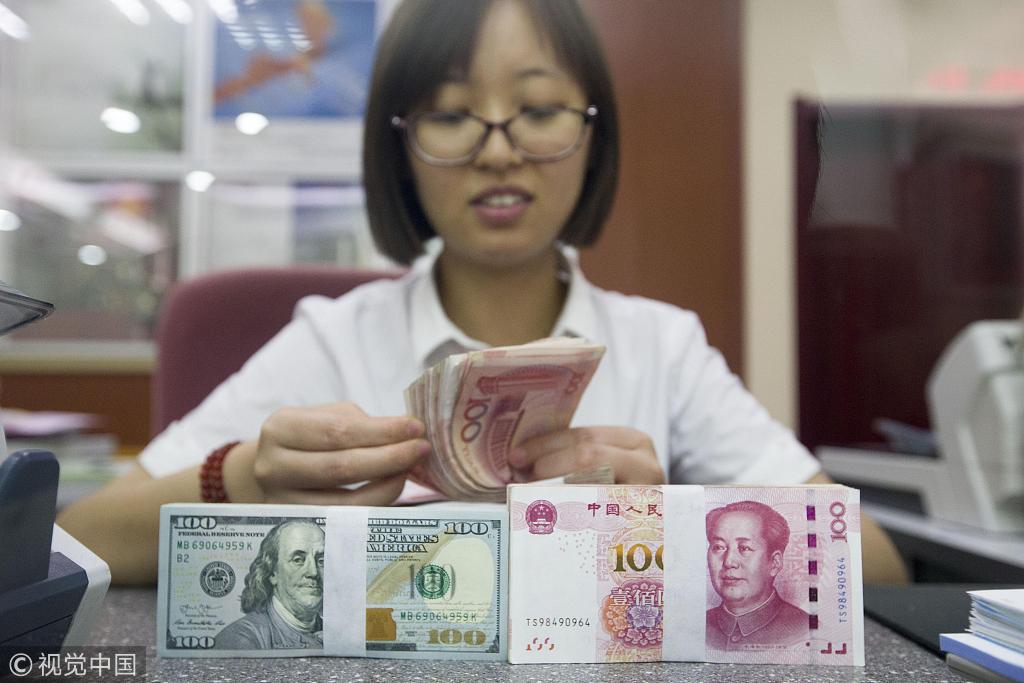Bond market to maintain its appeal


China's domestic bond market is expected to remain appealing to overseas capital as the amount of bonds held by overseas investors has increased drastically since last year, and the Chinese government steps up its efforts to liberalize the domestic market.
While some negative factors have had an impact, such as escalating trade tension with Washington pressuring the exchange rate of the yuan and worries on rising defaults risks, there is much growth potential for foreign investors to participate in, analysts said.
Foreign holdings have increased for 17 consecutive months, with the value of outstanding bonds at 1.35 trillion yuan ($197.1 billion) by the end of July, up by 60.9 percent compared to the same period last year, data from the China Central Depository and Clearing Co showed.
In the first seven months of this year, significant foreign capital inflows have accounted for around 75 percent of the net increase of added holdings of treasury bonds, according to Xingye Securities.
The inflows come at the time when yuan faces some depreciation pressure against the dollar amid escalating trade tensions with the United States that fueled the deterioration in market sentiment, triggering concerns that the foreign investors lured by the nation's yields-where 10-year bond yield way outpaced that of some developed countries, may have lost some faith as yuan is likely to depreciate more and the economy faces some economic headwinds.
Recent corporate bond defaults risks are also adding concerns as risks may threaten potential monetary returns.
Worries come from specific types of issuers, for example, bonds issued by real estate issuers that have borrowed large amounts over the past few years to finance a construction boom, according to Jonathan Woetzel, director of McKinsey Global Institute and senior partner at McKinsey & Company.
Nevertheless, there is a silver lining sustaining the appetite for bonds.
"The appetite for purchasing China's bonds has to do with investors' intention to diversify their asset allocations in the long run, and would not be affected much by short term fluctuations of the exchange rate of the currency," said Xie Yaxuan, chief economist with China Merchants Securities.
"Bond yields in China offered a higher fixed rate of return compared to instruments in other markets," added Xie.
As bonds held by foreign investors still represent only 2.5 percent of China's bond market, that leaves plenty of room for growth in foreign investment in such instruments, according to Woetzel.
"Once China is added to Bloomberg Barclays Global Aggregate index in April 2019, we expect to see increased foreign investment through passive funds that track indices," Woetzel added.




































